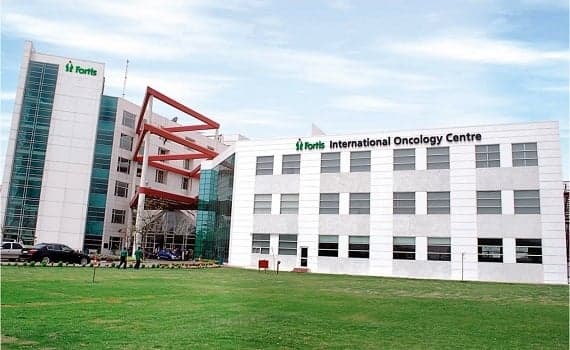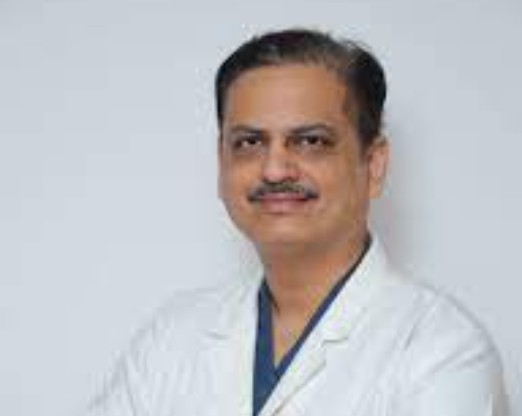
Dr Rahul Gupta
Director & Head- Neuro & Spine Surgery
Consults at:
About
- With a rich experience of working as faculty in teaching government institutes, Dr Rahul Gupta is a dynamic and proficient Brain and Spine surgeon at Fortis hospital, Noida.
- Training at Nagoya university, Japan has made him expert in Endovascular procedures.
- His academic orientation makes him upto date in latest tecniques and enhances quality of services provided by him.
- He has performed thousands of complex vascular, endovascular, skull base and minimally invasive brain surgeries.
- He has mastery in dealing with spine ailments especially involving craniovertebral junction and cervical spine.
- He is very sincere, well mannered, honest and kind hearted to his patients.
Area Of Interest
- Vascular and Endovascular neurosurgery.
- Minimally invasive spine surgery.
- Pediadtric neurosurgery.
- Epilepsy and functional neurosurgery.
- Brain tumor and skull base neurosurgery.
Education
- Schooling from Apeejay School Faridabad (Class XII – 1991)
- MBBS at Govt. Medical College, Rohtak in 1995
- MS (General Surgery) at PGIMS, Rohtak in August, 2000
- MCh (Neurosurgery) at PGIMER, Chandigarh in December, 2004
Experience
Current Experience
- Additional Director, Fortis Healthcare (NOIDA Since July 2016 and Fortis Escorts)
Previous Experience
- Senior Resident at PGIMS, Rohtak 2000 - 2002
- Sr. Research Associate, PGIMER , 2005 - 2006
- Assistant Professor, PGIMER, Chd 2006 - 2007
- Assistant Professor, GBPH, Delhi 2007 - 2009
- Associate Professor, GBPH, Delhi 2009 - 2012
- Sugita Scholar at Nagoya University of Medical Sciences, Nagoya, Japan 2011
- Senior Consultant, Fortis Healthcare (NOIDA) July 12 – June 16
Special Mention
- Actively involved in teaching and research activities in the Departments of Neurosurgery at PGIMER, Chandigarh and G B Pant hospital, Delhi.
- Co-guide for thesis of 4 MCh candidates at G B Pant hospital, Delhi.
- Thesis guide and trainer for DNB (Neurosurgery) candidates at Fortis hospital, Noida.
- An active member of various National and International Neurosurgical and Spine societies like NSI, NSSI, DNA, Skull Base society, Cerebrovascular society, Neurotrauma Society and AO spine society.
Treatments
Awards
- Sugita Scholar Nagoya Medical University Japan.
Gallery
Blog/News
View All
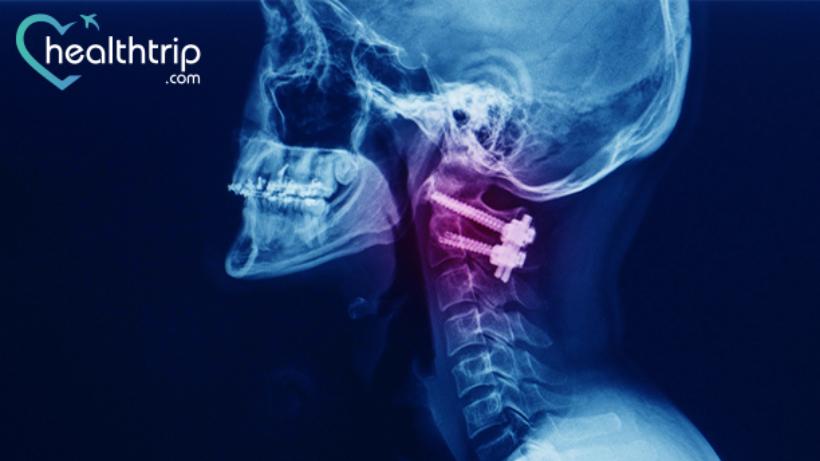
What are the Signs of Failed Cervical Fusion?
OverviewWhen considering spine surgery, it is important to do everything
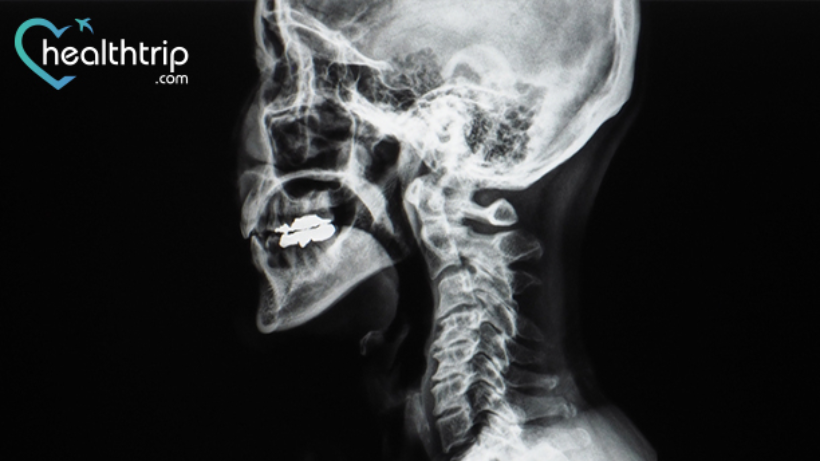
How Many Years Does ACDF Last?
OverviewAnterior cervical diskectomy and fusion (ACDF) surgery is performed on
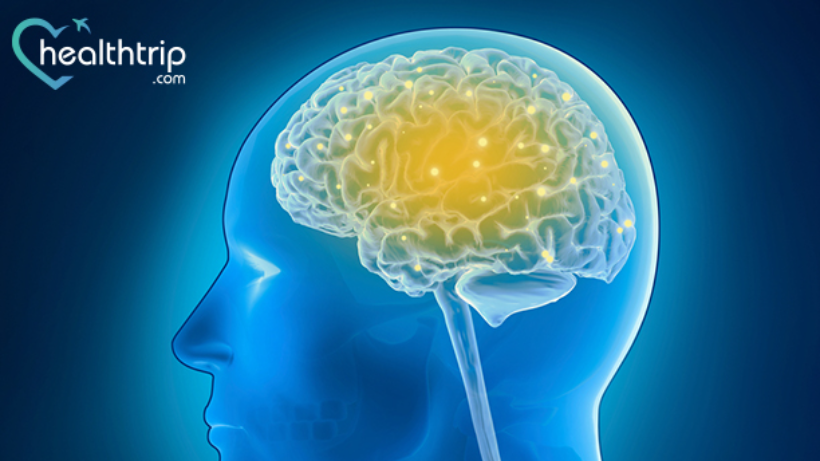
Understanding Brain Tumor Detection using SVM
OverviewBrain tumors are uncontrolled tissue growths that can occur in

Stereotactic Surgery Complications: All You Need to Know
OverviewStereotactic radiosurgery is a treatment that uses high-dose radiation therapy

10 Signs You Should Look for Parkinson’s Disease
OverviewIt can be really hard to tell if you or
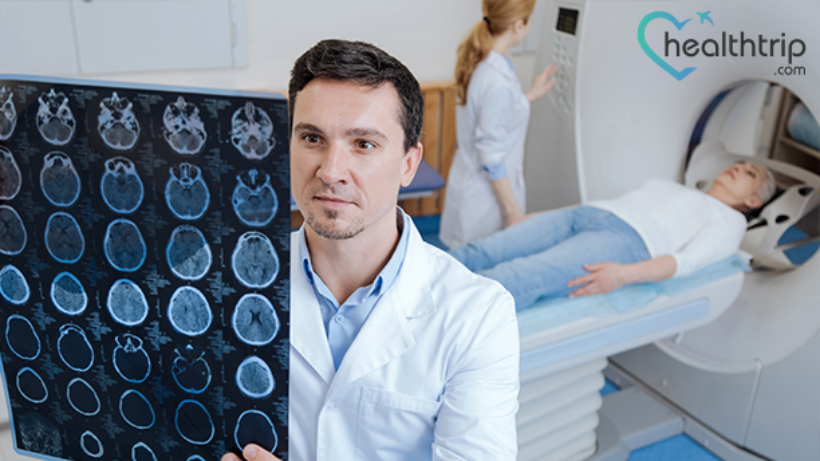
How Long Brain Tumors Go Undetected?
OverviewA brain tumor is a cluster of cells in your
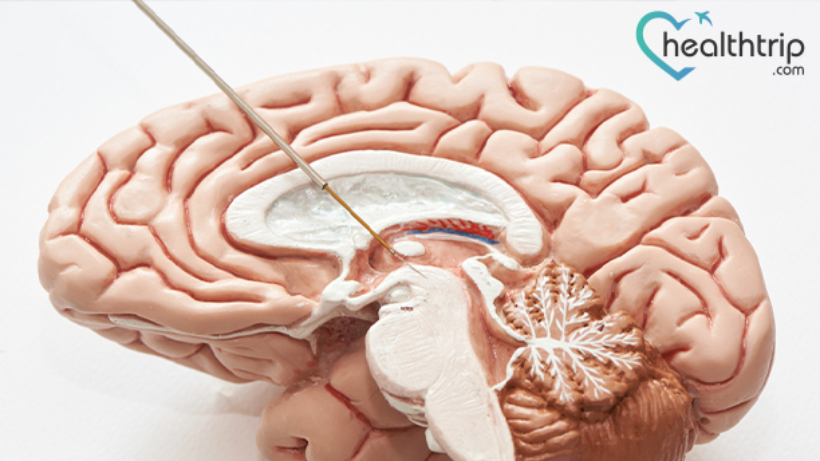
Getting Familiar with the Side Effects of Deep Brain Stimulation
OverviewDeep brain stimulation (DBS) is a commonly used surgical treatment
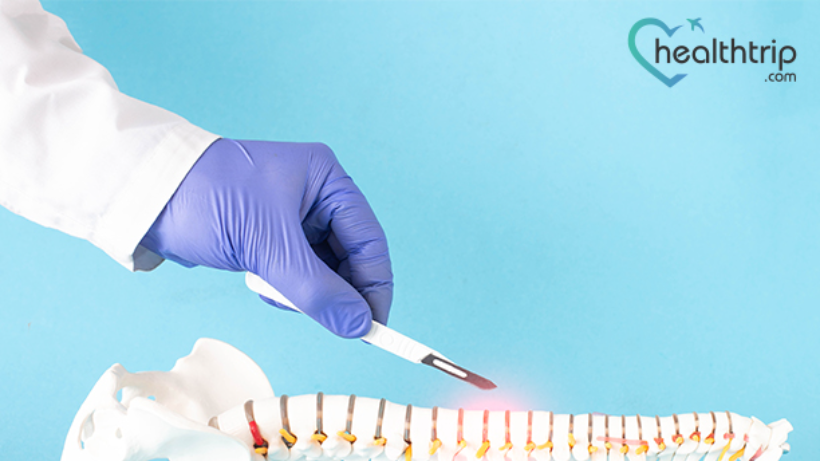
When Should You Consider Back Surgery?
OverviewDealing with chronic back pain can be frustrating, especially when
